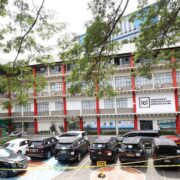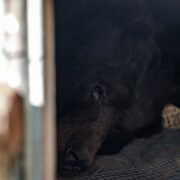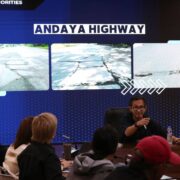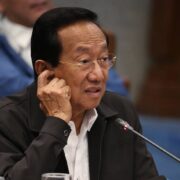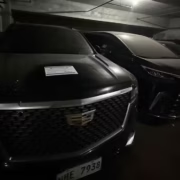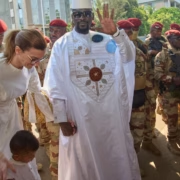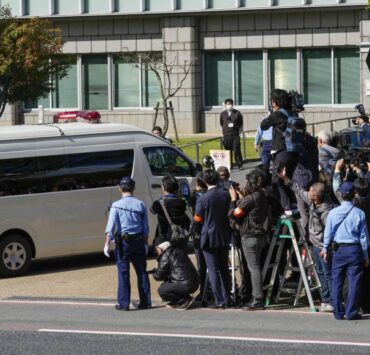Pope to pray at Beirut blast site in first trip
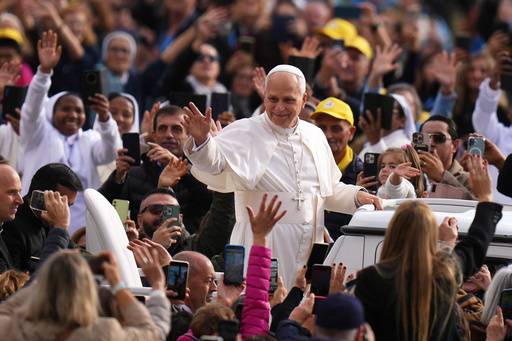
ROME—Pope Leo XIV will be praying at the site of the 2020 port blast in Beirut that killed over 200 people and compounded Lebanon’s economic and political crisis during his first foreign trip as pope next month that will also take him to Turkiye to mark an important anniversary with Orthodox Christians.
The Vatican on Monday released the itinerary of Leo’s Nov. 27-Dec. 2 trip. It includes several moments for history’s first American pope to speak about interfaith and ecumenical relations, as well as the plight of Christians in the Middle East and regional tensions overall.
Pope Francis had planned to visit both countries but died earlier this year before he could—he had particularly long wanted to go to Lebanon, but the country’s economic and political crisis prevented a visit during his lifetime.
Council of Nicea
The main impetus for travelling to Turkiye this year was to mark the 1,700th anniversary of the Council of Nicea, Christianity’s first ecumenical council.
Leo made clear from the start of his pontificate that he would keep Francis’ commitment, and has several moments of prayer planned with the spiritual leader of the world’s Orthodox Christians, Patriarch Bartholomew I.
Nicaea, today located in İznik on a lake southeast of Istanbul, is one of seven ecumenical councils that are recognized by the Eastern Orthodox. Leo will travel there by helicopter on Nov. 28 for a brief prayer near the archaeological excavations of the ancient Basilica of Saint Neophytos.
In addition to the traditional protocol visits with Turkish and Lebanese leaders, meetings with Catholic clergy and liturgies, Leo’s visit to the site of the Aug. 4, 2020, Beirut port blast will likely be another stirring moment in his trip, coming on its final day.
Warehouse detonation
The blast tore through the Lebanese capital after hundreds of tons of ammonium nitrate detonated in a warehouse. The gigantic explosion killed at least 218 people, according to an Associated Press (AP) count, wounded more than 6,000 others and devastated large swaths of Beirut, causing billions of dollars in damages.
Lebanese citizens were enraged by the blast, which appeared to be the result of government negligence, coming on top of an economic crisis spurred by decades of corruption and financial crimes. But an investigation into the causes of the blast repeatedly stalled, and five years on, no official has been convicted.
While Leo will celebrate Mass on the Beirut waterfront and travel to some areas near the Lebanese capital, his itinerary is significant for where he is not going: He will not visit Lebanon’s south, battered by last year’s war between Israel and the Lebanese militant group Hezbollah.
Christian lobby
While the brunt of the destruction was concentrated in Shiite communities that form Hezbollah’s main base of support, Christian communities were also impacted by the conflict, with houses, agricultural land and even churches destroyed. Christian groups in southern Lebanon had lobbied for the Pope to visit the area.
In Turkiye, there are also no plans for Leo to visit the landmark Hagia Sophia monument in Istanbul as previous popes have done. The former Greek Orthodox patriarchal basilica was a mosque during Ottoman times.



